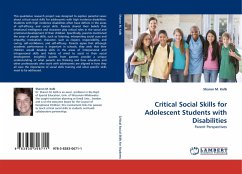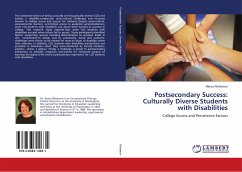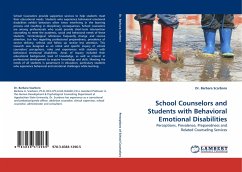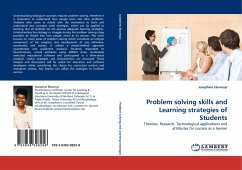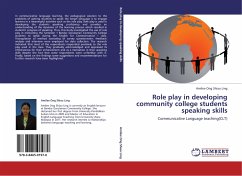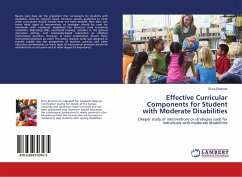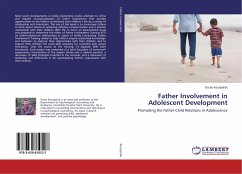This qualitative research project was designed to explore parental views about critical social skills for adolescents with high incidence disabilities. Students with high incidence disabilities often have deficits in the areas of self-efficacy and social skills. Parents shared their beliefs that emotional intelligence and character play critical roles in the social and emotional development of their children. Specifically, parents mentioned the areas of people skills, such as listening, interpreting social cues and empathy; motivation; character, such as respect, responsibility, and caring; self-confidence; and self-efficacy. Parents agree that although academic performance is important in schools, they wish that their children would develop skills in the areas of interpersonal and intrapersonal skills and habits of mind to assist in their social development. Insightful quotes from parents provide a unique understanding of what parents are thinking and how educators and other professionals who work with adolescents are aligned in how they all view the importance of social skills training and what specific skills need to be addressed.

